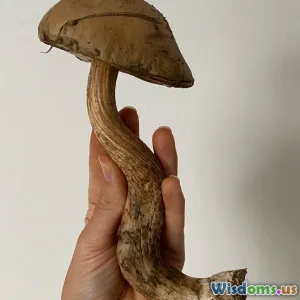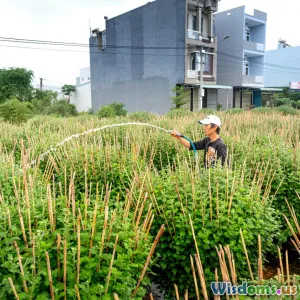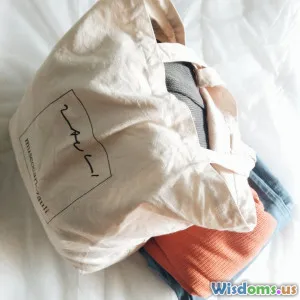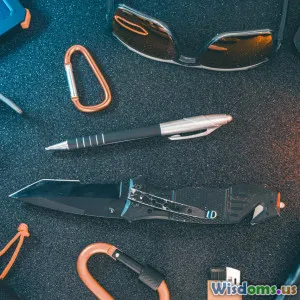
Exploring Nature: Foraging Basics
5 min read Learn the essential skills of foraging in nature and discover edible plants, mushrooms, and safe harvesting techniques. (0 Reviews)
Exploring Nature: Foraging Basics
Foraging, the practice of searching for and gathering wild food resources, is not only a necessary skill for survival but also a rewarding adventure that connects us with nature. This article dives into the essentials of foraging, including identifying edible plants, understanding safety practices, and embracing the adventure of harvesting natural foods.
What is Foraging?
Foraging involves scouting for naturally growing fruits, vegetables, nuts, seeds, mushrooms, and herbs in the wild. This ancient practice has been a fundamental part of human survival for thousands of years. Today, it has gained popularity among outdoor enthusiasts, chefs, and health-conscious individuals looking to reconnect with nature and enjoy organic, locally sourced food.
The Benefits of Foraging
- Connection to Nature: Foraging encourages you to explore your environment, fostering a deeper appreciation for local ecosystems.
- Sustainability: By foraging, you reduce your carbon footprint and promote sustainable practices by sourcing food from the wild.
- Health and Nutrition: Wild foods are often richer in vitamins and minerals compared to cultivated varieties, providing a nutritious alternative.
- Adventure: Foraging adds an element of adventure to your outdoor activities, turning a simple hike into a quest for food.
Essential Skills for Foraging
Before you embark on your foraging journey, it's crucial to equip yourself with some fundamental skills:
1. Plant Identification
- Learn Key Species: Familiarize yourself with common edible plants in your area. Resources like field guides and apps can help with identification.
- Understand Look-Alikes: Many edible plants have poisonous counterparts. Always research and confirm identification before consumption.
2. Harvesting Techniques
- Sustainable Harvesting: Only take what you need, and practice responsible foraging by leaving enough for wildlife and future growth.
- Weather Considerations: Forage after rain, which can increase the availability of certain mushrooms and plants.
3. Safety Precautions
- Avoid Contaminated Areas: Stay away from foraging near roads, industrial sites, or treated areas where plants may absorb harmful substances.
- Know the Local Regulations: Some areas have restrictions on foraging. Check local laws to avoid fines or damaging ecosystems.
Common Edible Plants to Look For
Here are some popular edible plants that are commonly foraged:
1. Dandelion (Taraxacum officinale)
- Edible Parts: Leaves, flowers, and roots.
- Uses: Young leaves can be used in salads, while the flowers can be made into wine or fritters.
2. Wild Garlic (Allium vineale)
- Edible Parts: Leaves, flowers, and bulbs.
- Uses: Adds a garlicky flavor to dishes and can be used in pestos or salads.
3. Chickweed (Stellaria media)
- Edible Parts: Leaves and stems.
- Uses: A nutritious addition to salads and smoothies.
4. Morel Mushrooms (Morchella spp.)
- Edible Parts: Entire fruiting body.
- Uses: Highly sought after for culinary use due to their rich flavor; cook thoroughly before eating.
Foraging Resources
To enhance your foraging experience, consider using the following resources:
- Field Guides: Invest in a good field guide specific to your region.
- Foraging Classes: Join local workshops or classes to learn from experienced foragers.
- Online Communities: Engage with online forums and social media groups dedicated to foraging.
Conclusion
Foraging is not just about finding food; it is about appreciating the environment, understanding ecological relationships, and embracing a sustainable lifestyle. Whether you're a seasoned outdoors person or a curious beginner, foraging offers a unique way to experience nature and enrich your culinary endeavors. Always remember to forage responsibly, respect the land, and share your knowledge with others to help preserve this valuable skill for future generations.
Happy foraging!
Rate the Post
User Reviews
Popular Posts





















